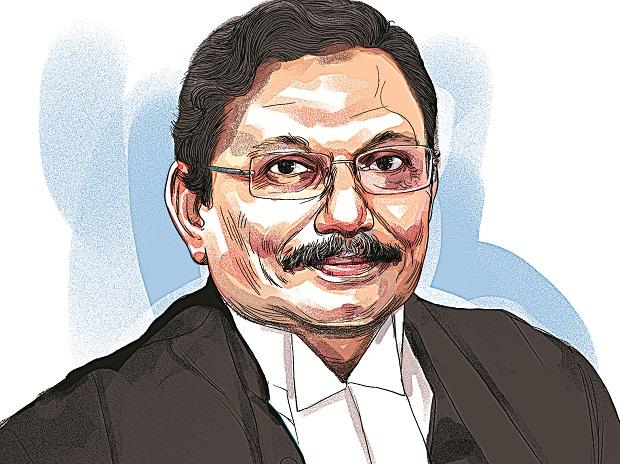Justice Sharad Arvind Bobde becomes 47th Chief Justice of India 19/11/2019 – Posted in: Daily News – Tags: chief justice of India, s.a.bobde
Chief Justice of India
Justice Sharad Arvind Bobde took oath as the 47th Chief Justice of India. President Ram Nath Kovind administered him the oath of office at Rashtrapati Bhavan. Justice Bobde will have a tenure of around 18 months till his retirement on April 23, 2021.
Chief Justice of India
- The CJI is the head of the judiciary and the Supreme Court of India. The CJI also heads its administrative functions.
- As head of the supreme court, the chief justice is responsible for the allocation of cases and appointment of constitutional benches which deal with important matters of law. On the administrative side, the chief justice carries out the following functions: maintenance of the roster; appointment of court officials and general and miscellaneous matters relating to the supervision and functioning of the Supreme Court.
Appointment and Removal of CJI
Article 124 of the Indian Constitution provides the matter of appointing judges of the Supreme Court. There is no specific provision exists in the constitution, hence, CJI is appointed like the other judges. Conventionally, the outgoing CJI recommends the name of the senior-most judge for appointment by the president of India, as his successor.
Article 124(4) of the Constitution of India lays down the procedure for removal of a judge of Supreme Court which is applicable to Chief Justice as well. The chief justice remains in the office until the age of 65 years. He can be removed only through a process of impeachment by Parliament.
Remuneration
The Constitution of India gives the power of deciding remuneration as well as other conditions of service of the chief justice to the Parliament of India. Accordingly, such provisions have been laid down in The Supreme Court Judges (Salaries and Conditions of Service) Act, 1958.
Important Information
The Supreme Court has ruled that the office of the Chief Justice of India (CJI) is a public authority under the Right to Information (RTI) Act, 2005.
Source: News on Air
READ MORE DAILY NEWS
- Special “Winter-Grade Diesel”
- Bhaona – Assam’s folk theatre
- System of Air Quality and Weather Forecasting And Research (SAFAR) study
- Sabarimala temple Issue: SC verdict
- Flood in Venice, Italy
- Cyclone Bulbul-Matmo
- No RTO check-posts in Gujarat from November 20
- Winter Fog Experiment (WIFEX)
- 11th BRICS summit
You are on the Best Online IAS preparation platform. You are learning under experts.
We are present on Facebook- Diligent IAS, LinkedIn- Diligent IAS, YouTube- Diligent IAS, Instagram- Diligent IAS. Get in touch with us.

